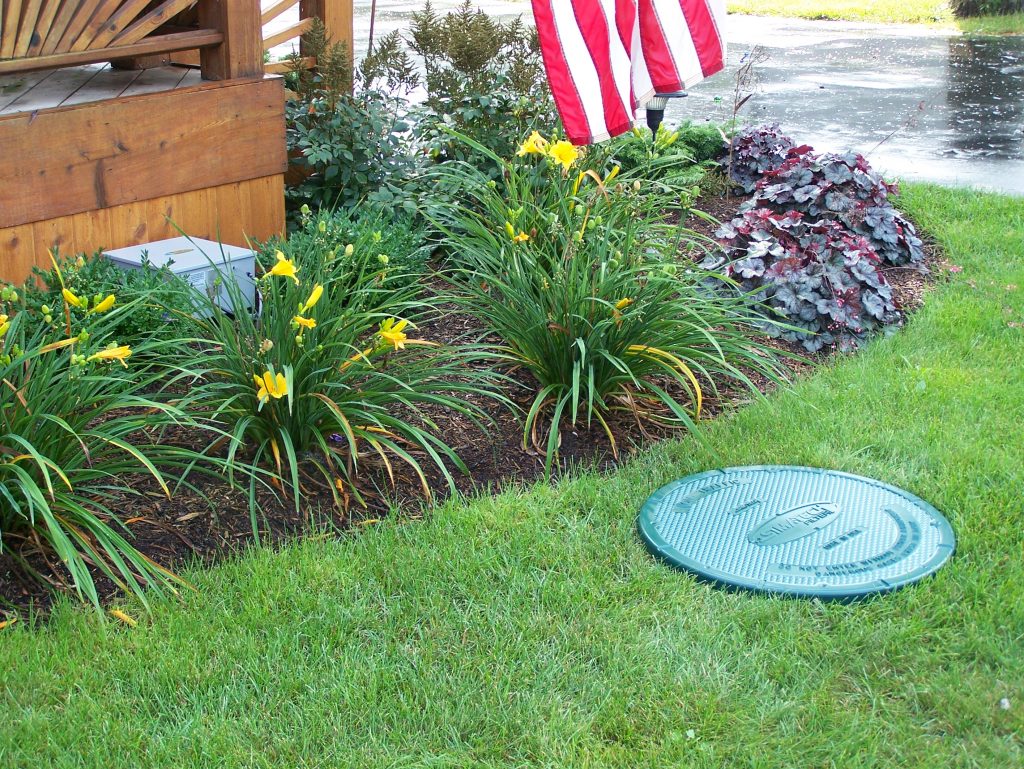For those new to life with a septic system, the initial understanding is that you need bacteria to keep the system functioning and healthy. There are also a few mental notes made about items that should never go into a septic system and that your toilet paper should be septic friendly. What many people come away with is the idea that bacteria are super crucial to this process. And when human nature kicks in, the decision is that you can never have too much of a good thing, So tossing some additives and extra bacteria into the mix should take a good septic system and elevate it to a great one. But that is not the case.
The Job Of Bacteria In A Septic System
New septic system owners are often shocked to learn that no chemicals are involved in the processing of household wastewater. Instead, we create a balanced ecosystem of aerobic and anaerobic bacteria to break down the solids and purify the wastewater coming from your home before it heads to the leach field. All this to say that bacteria are the critical ingredient in the process, and their health and well-being are essential.
The Types Of Bacteria Needed
All of the good bacteria in your septic system fall into one of two categories. First, there are aerobic and anaerobic bacteria that complete the ecosystem. The aerobic bacteria need an oxygen-rich environment to thrive and take care of business. These are the most active bacteria that do most of the work breaking down the solids in the septic tank. However, these workhorses are also the most delicate and sensitive when it comes to any environmental changes in the tank. And they make their home near the top of the tank in the oxygen-rich water where they consume the scum and suspended solids.
The anaerobic bacteria desire an oxygen-free life in the lower part of the tank. These critters are slower and less efficient workers, but they are far more durable than their oxygen-loving counterparts. As a result, they consume the sludge at the bottom of the tank. In addition, they work with microbes in the soil to create a biomat in the drain field to continue the purification process.
Together, these bacteria manage to break down around half of the solids in your septic tank and reduce the number of times that the tank must be pumped out.
More Should Be Better
The successful function of a septic tank relies on balance. Too many bacteria can deplete the oxygen in the tank and turn the tank septic. All that means is that a septic septic system is out of balance and is not functioning correctly. But it also means that there will be a build-up of solid waste which can also begin to back up into your home or flow into the drain field.
Finding That Happy Balance
Fortunately, most tanks find their own happy balance of aerobic and anaerobic bacteria. It is only when humans try to intervene and manage the balance that it begins to skew off course. Other common causes of an imbalance include introducing chemicals into the system, such as household cleaners, excess lawn treatments, or even soap products. In addition, adding bacteria enhancers also creates a complication. The bacteria become overly aggressive and damage the system, making it as bad as a system with too few bacteria.
For professional assistance maintaining a healthy septic system, call (281) 317-6103. The experts at Brown Aerobic Service Company will answer your questions and provide regular maintenance to ensure a healthy and functional septic system.

